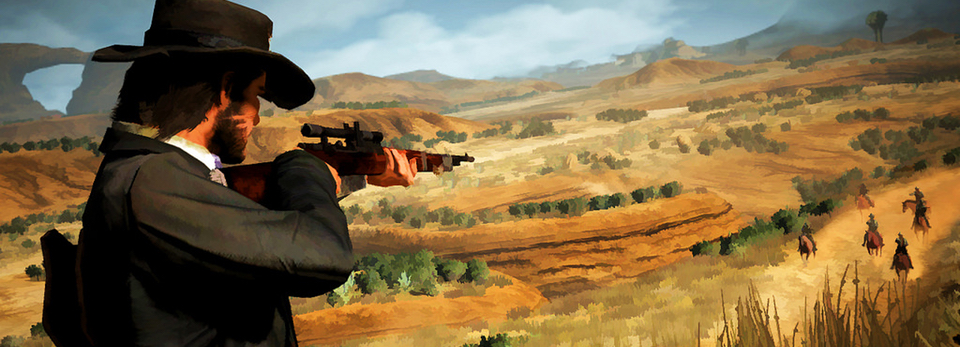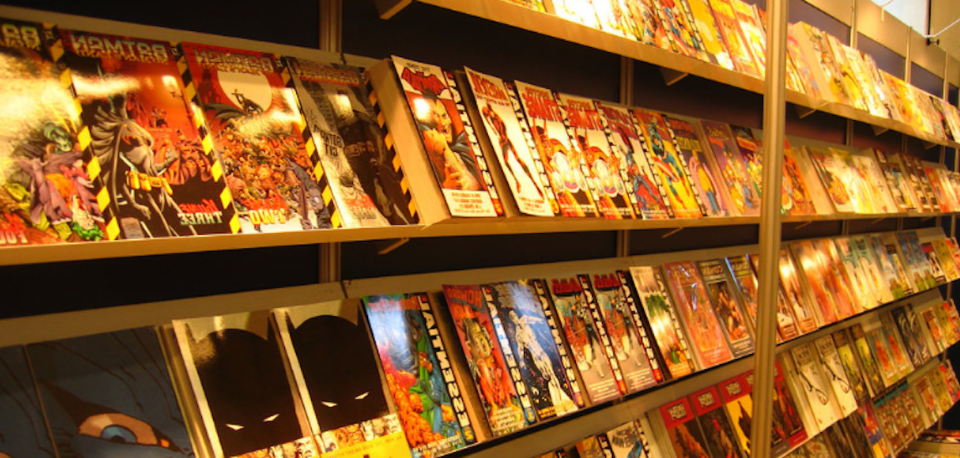Capitalist Realism is described by Fisher as the capitalist ontology of the post-Fordist era, where capitalism ends in terms of its ability to expand but is so ingrained into the political and cultural imagination that society cannot conceive of anything beyond it (Fisher, Capitalist Realism 1-2). Fisher wrote Capitalist Realism in the wake of the 2008 financial crash and subsequent disruptions to economy and culture that revealed systemic problems with neo-liberal economics. Many writers expected this to mark an end to neoliberalism (Skonkwiler & Berge 2), however, political discourse remained unchanging across the spectrum.
View More “Is There No Alternative?”: Capitalist Realism and Genre in Contemporary Political FictionTag: genre
What Game Worlds Can Teach Us About Literary Worlds
From the space of books to space in books While the debate rumbles on between those who contend that games tell stories in ways unique to the medium (ludologists), and those who argue that games resemble literary narratives (narratologists), literary scholars have sought to ask reciprocally what games can tell us about conventional modes of storytelling in print.
View More What Game Worlds Can Teach Us About Literary WorldsConsuming Television’s Golden Age with Hannibal Lecter
When F.B.I. Forensic Profiler, Will Graham, stands before a murder scene in NBC’s Hannibal, his preternatural empathy for the show’s killers animates the tableau before him, restaging their crimes and allowing him access to their motivations. “This is my design,” Graham whispers in early episodes, as he gleans from the swoop of a blood spatter, or the arrangement of severed limbs…
View More Consuming Television’s Golden Age with Hannibal LecterPanel Transitions in Trauma Comics
Comics are the new kids on the block in the world of literary academia. It is only in recent years that they have been accepted at a valid narrative form…
View More Panel Transitions in Trauma ComicsFifty Shades of the Future
In departure lounges, train stations and motorway services across the UK, one novel – or rather one trilogy – has graced the laps of engrossed readers for the past twelve months…
View More Fifty Shades of the FutureSuperhumanity: Refiguring the Superhero
Like the urban thoroughfare it’s named after, Michael Chabon’s Telegraph Avenue (2012) contains diverse and highly specific multitudes. It is a…
View More Superhumanity: Refiguring the SuperheroTransgression and Contemporary Fiction
One of the overt criticisms directed towards popular fiction is its requirement for a formulaic structure of characters, plot and narrative, which risks perpetuating the stereotype that all such fiction is repetitious, mass-produced and lacking in depth and originality.
View More Transgression and Contemporary Fiction






